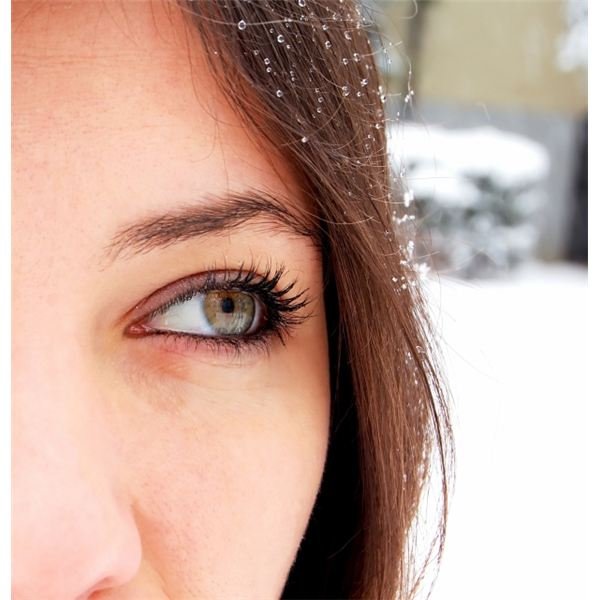What Do People With Frigophobia Fear?
Symptoms
Suffering from frigophobia can manifest itself into physical illness. It could hinder personal and professional relationships alike. The definition of frigophobia is the fear of being or becoming too cold. Persons afflicted with this disorder will go to great lengths to avoid being cold.You may see them dressing in layers excessive for the season or they may just keep themselves housebound when it is too cold outside.The symptoms of frigophobia include, but are not limited to, the similar signs of other anxiety disorders: shortness of breath, dizziness, vomiting, nausea, terror, gastrointestinal attacks, and panic attacks as well as heart palpitations.
Possible Causes
One possible cause is the condition of hypochondriasis. A hypochondriac is someone who obsessively dwells on having an illness. This can range from cancer to the common cold. Even if a person shows no signs of illness, this doesn’t mean they are not afraid of contracting or already thinking that they have the disease. Someone with frigophobia may believe that the state of being cold is harmful to their body and could bring about disease or illness.
Obsessive-compulsive disorder is also a possible cause. This is an anxiety disorder where a sufferer cannot help being overly focused on a frightening state of being. A frigophobic whose condition stems from this anxiety disorder would be constantly preoccupied with the negative effects of cold on their body. They may worry about catching a cold or their skin being aggravated by the weather, or any number of other physiological ailments.
Another possible cause is an earlier trauma, especially if that trauma occurred in childhood. In their brain’s subconscious level, they may relate a terrifying event to being cold or even relate being physically cold to another unrelated event.
Treatments
Fortunately frigophobia is not impossible to treat but it is still difficult to do so. Like any anxiety disorder, the sufferer must decide to seek treatment themselves and not be coerced into it. Forcing someone into treatment may only aggravate an already tough condition that seems insurmountable. Therapy is the first and best step. A therapist, especially one who specializes in anxiety disorders, can help the patient to find the genesis of a frigophobic’s fear. Learning about the phobia and developing coping techniques is invaluable. Anti-anxiety medication can also help tremendously. Taking medication should be coupled with therapy in order to monitor progress and circumvent, or at least alleviate, future frigophobic attacks.
Loved Ones with Frigophobia
Lastly, it is important to have compassion for someone suffering from frigophobia, especially if that person is yourself. Often people with anxiety conditions are dismissed as being “crazy” or difficult without a true understand of the underlying causes of such a condition. No one wants to suffer from any ailment, physical or mental. What a person does want is to heal and lead a normal life without the pain and inconvenience of frigophobia. It is treatable so make an appointment with your family physician and get a referral to a phyciatrist to begin treatment.
Resources
“Articles: Anxiety” https://www.anxiety.tips01.com/article/causes-of-anxiety.html
“Frigophobia” (Kosmix) https://www.kosmix.com/topic/frigophobia
“Frigophobia: The fear of Cold, Cold Objects, or Frost” https://frigophobia.com/
